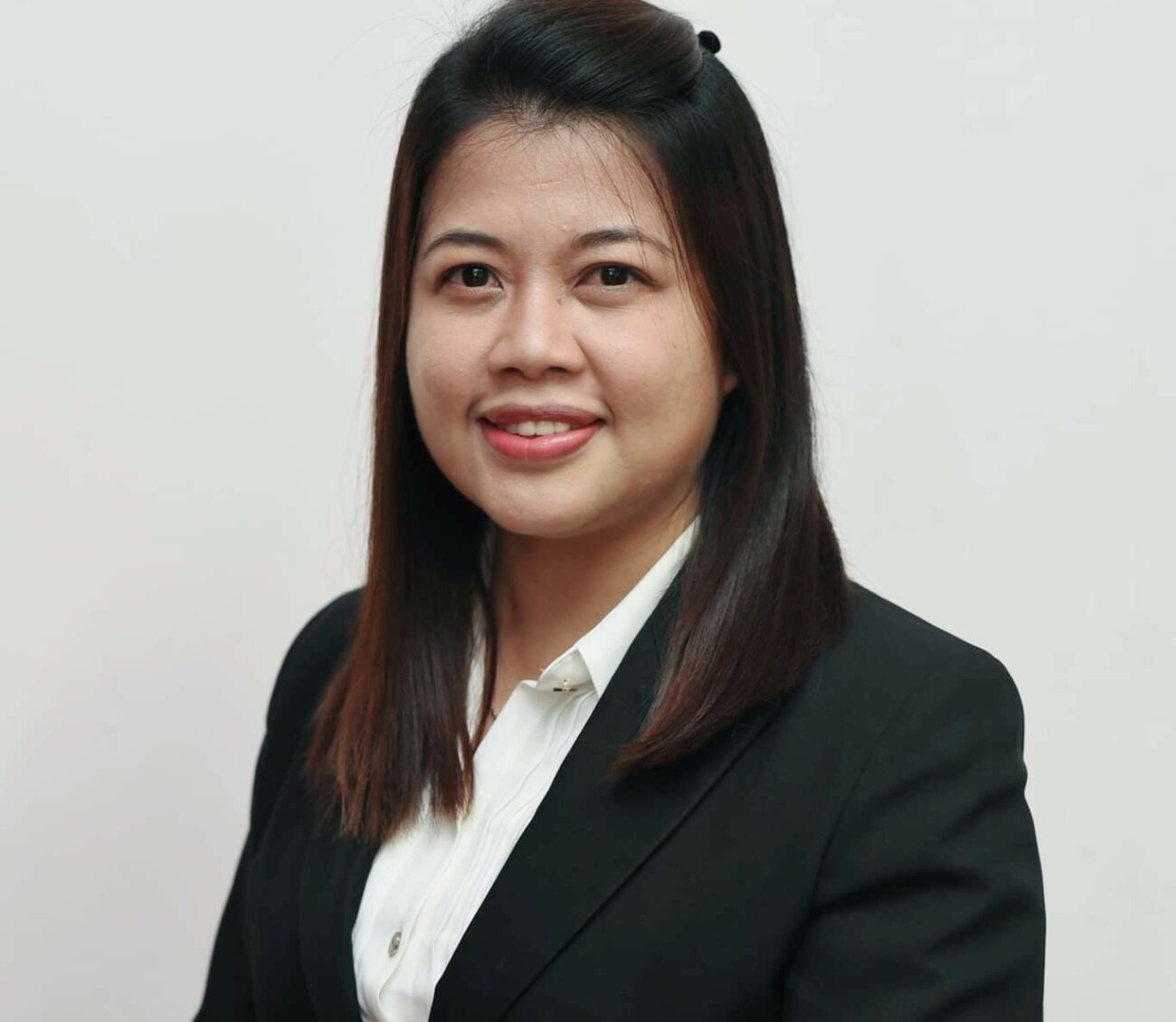Earlier this month, we sat down to speak with Kamontip Ploykrachang, who is WINS’ 50th Certified Radioactive Source Security Professional (CRSP). Ms Ploykrachang was awarded a scholarship for the WINS Academy CRSP certification programme as part of our Train the Trainer programme on radioactive source security management.
The Train the Trainer programme is part of a broader collaboration between WINS and the Thai nuclear regulatory authority, the Office of Atoms for Peace, and provides an opportunity to develop skills in delivering training courses on radioactive source security in Thailand based on WINS Academy material.
Ms Ploykrachang is a lecturer in the Department of Nuclear Engineering at Chulalongkorn University, with particular expertise in nuclear detection and instruments. She spoke with us about her experience with the CRSP programme and how her experience with WINS could benefit her career.
1.) What has been the most rewarding thing about the CRSP certification programme?
When I participated in the certification programme, the most rewarding thing was that I had the opportunity to gain more experience in radioactive source security management. I had a chance to learn at a prominent international institute for radioactive source security management. I can also show my ability in this field in my career in nuclear security and applications in Thailand.
2.) Who do you think would benefit most from enrolling in the CRSP certification programme?
Radiation workers who work in the nuclear security field would benefit very much from enrolling in the CRSP certification programme, especially licensees, operators and managers at a nuclear reactor or at a nuclear radioactive source facility.
“I had a chance to learn at a prominent international institute for radioactive source security management. I can also show my ability in this field in my career in nuclear security and applications in Thailand.”
3.) What aspect of the CRSP training helps you most in your job role?
Since I work as a lecturer at the Department of Nuclear Engineering at Chulalongkorn University and I’ve now become a trainer on the CRSP programme team in Thailand, the knowledge I’ve gained from the CRSP training on Radioactive Source Security Management is vital to my career. After I completed the programme, I can confidently share my knowledge with my students and future participants who will take the CRSP programme in Thailand.
4.) In June, WINS began offering the CRSP programme in Thai. How do you think that would benefit radioactive source security professionals in your region?
WINS’ offering of the CRSP programme in Thai is extremely beneficial for Thai professionals who are working in the nuclear security field because it will provide a very clear understanding of the programme.
“I strongly believe that all women are very powerful. We will do our best, even in a field of work that is dominated by men.”
5.) How has being a woman in the field affected your career?
It is very challenging to be a woman in the field of radioactive source security, which is generally dominated by men. However, it gives me the opportunity to show that all genders are equal since I can show my ability equally in my career.
6.) What advice would you give for other women either entering or already working in the sector?
I would encourage women who already working in the nuclear security field to continue their careers. Apart from that, I will show newcomers how challenging it is to work in this field. I strongly believe that all women are very powerful. We will do our best, even in a field of work that is dominated by men.
